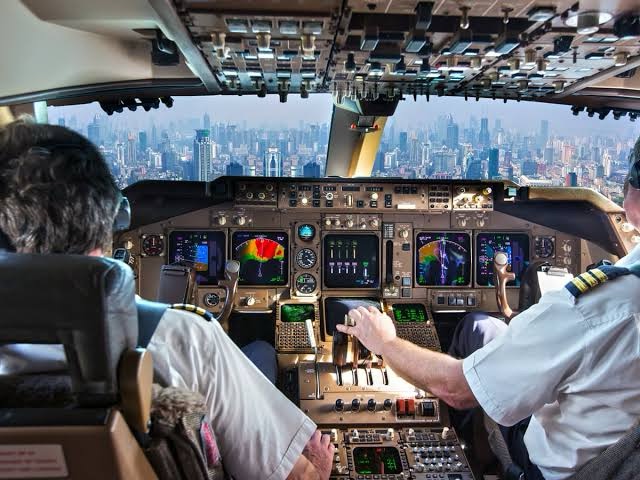A recent incident involving an Air Peace Boeing 737-500 aircraft has raised serious concerns about airline safety standards in Nigeria. On July 13, 2025, the aircraft overshot the runway at Port Harcourt International Airport, leaving 103 passengers and crew members shaken but unharmed.
The Incident
The flight, which departed from Lagos, touched down almost three-quarters of the way into the 3,000-meter runway, leaving insufficient room for safe deceleration. The plane eventually skidded onto the grass verge, but fortunately, all on board disembarked safely.
Toxicology Report
Toxicology tests conducted on the crew revealed shocking results: both pilots tested positive for alcohol, while a flight attendant tested positive for cannabis. The Nigerian Safety Investigation Bureau (NSIB) described this as a serious breach of aviation discipline, professionalism, and safety culture.
Cockpit Authority Gap
The investigation also highlighted a concerning authority gap in the cockpit. The first officer, with under 900 flight hours, recommended a go-around when the approach became unstable. However, the 64-year-old captain, with over 10,000 flight hours, overruled him, insisting on landing. Experts warn that such dynamics can prevent critical safety decisions from being implemented.
NSIB Directives
In response to the incident, the NSIB has directed Air Peace to:
- Strengthen Crew Fitness Checks: Implement more robust pre-flight checks to prevent alcohol or drug impairment.
- Reinforce Go-Around Training: Emphasize the importance of abandoning unstable approaches for safe landings.
The NSIB emphasized that flying demands absolute discipline, with no room for compromise on safety. This incident has sparked calls for stricter enforcement of safety protocols across Nigeria’s aviation sector.¹ ²


